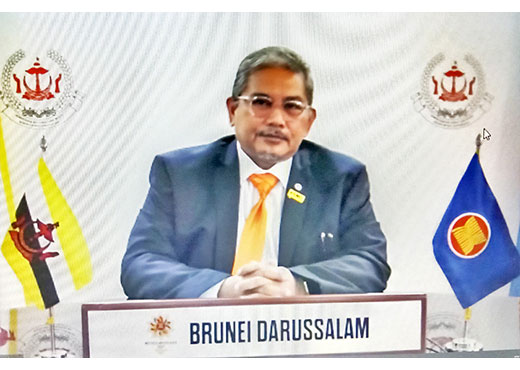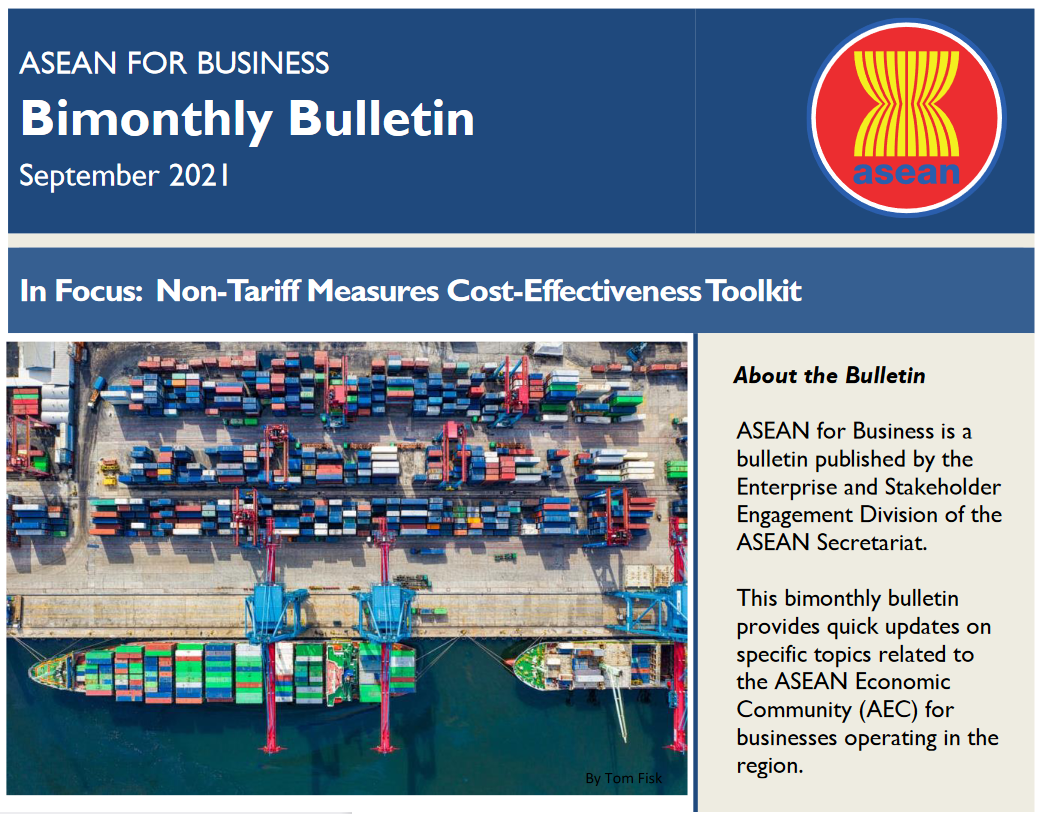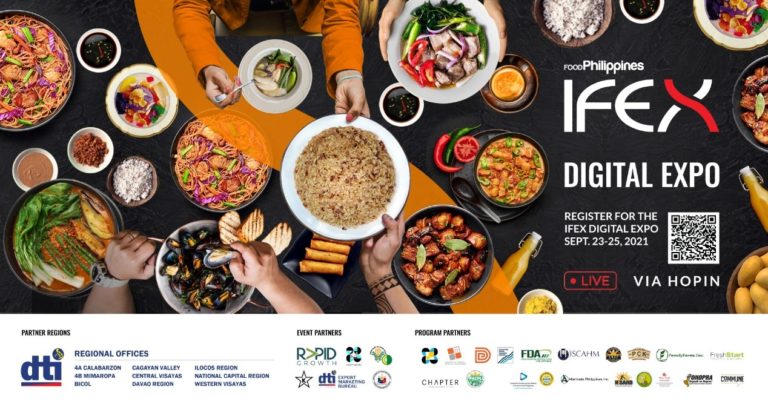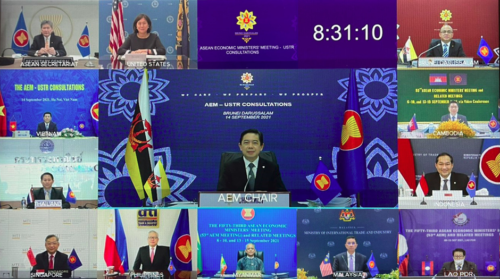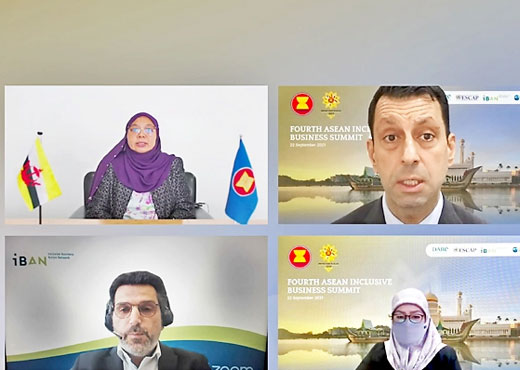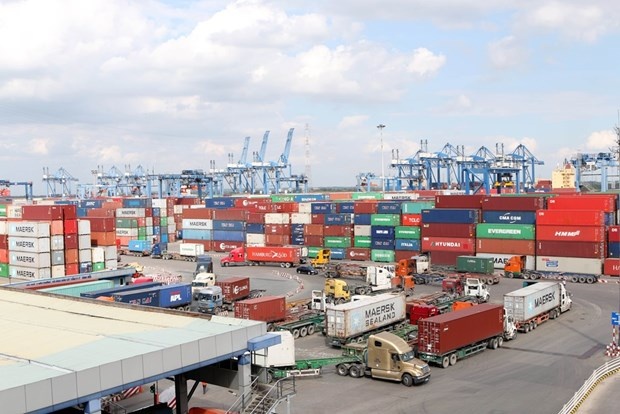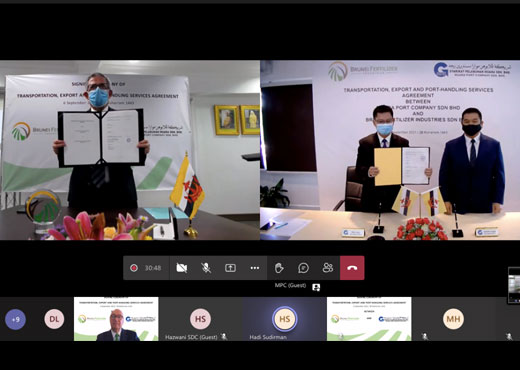Businesses worldwide are pushing for more sustainable practices. As the threat of climate change has worsened, it’s become clear that industry as a whole must move away from carbon emission-generating practices. This movement has significant implications for supply chains. Today’s supply chains are far from carbon-free. An organization’s supply chain often accounts for 90% of its greenhouse gas emissions when taking overall climate impacts into account. From diesel-powered trucks to natural gas-generated warehouse power, these networks rely heavily on fossil fuels. It can be hard to imagine supply chains without these resources, but it’s not impossible. Here’s what a post-carbon supply chain would look like and how companies could achieve it.
Electric Vehicles
The most obvious difference between today’s supply chains and a post-carbon one is their vehicles. Transportation accounts for 21% of total global emissions, and freight constitutes a considerable portion of that figure. Almost all trucks that move freight today use fossil fuels, but post-carbon transport will be electric. Electric trucks will likely be the first type of carbon-free vehicles to appear in supply chains. General Motors has already established goals to produce zero emissions, and electric road vehicles are increasingly common. Post-carbon supply chains will bring electrification to more than just trucks, though. Ships and airplanes will also be electric. Their longer routes will require more efficiency, so they may rely on technologies like fuel cells or solar power instead of batteries. Regardless of the specifics, every vehicle in the post-carbon supply chain will be electric.
Green Power Sources
While vehicles may be the easiest culprit to pinpoint, they’re not the only source of emissions. Supply chains consume a considerable amount of energy, most of which comes from fossil fuels. In fact, if 125 multinational companies increased their supply chain renewable energy by 20%, they would save more than 1 billion metric tons of carbon emissions. In a post-carbon supply chain, all energy would come from renewable sources. That would likely mean using various technologies, as sustainable power has varying effectiveness in different applications. Solar, wind and hydroelectric power would all play a part in the transition to zero-carbon operations. A truly zero-carbon supply chain would also use renewables to generate power for its electric vehicles. Creating batteries or hydrogen for fuel cells requires energy, and this too must be green for supply chains to be truly sustainable.
Sustainable Sourcing
A more easily overlooked aspect of post-carbon supply chains is how sustainability plays into their corporate partnerships. A truly zero-emissions supply chain must ensure its suppliers are also carbon-free. Otherwise, it would still be investing in emissions-producing activity, albeit indirectly. Industrial sectors like manufacturing are responsible for 29.6% of total emissions in the U.S. If a supply chain moved products from a company with such a significant carbon footprint, one could hardly consider it carbon-free. In a truly post-carbon supply chain, all connected sources are also zero emissions. Ensuring these connections are sustainable requires a considerable amount of transparency. As such, post-carbon supply chains will require regular audits from involved parties to verify their sustainability. They’ll likely also employ technologies like Internet of Things (IoT) trackers and blockchains to keep operations transparent.
How Can the World Move Toward Post-Carbon Supply Chains?
These factors may seem like lofty goals right now. Today’s supply chains have a long way to go before they can say they’re truly carbon-free. Thankfully, however far-off these sustainability targets may seem, they are achievable. Companies can start acting now to move toward them. Recognizing the business incentives for removing carbon from the supply chain can help encourage further action. According to one study, 84% of global consumers are more likely to make purchase decisions based on a company’s sustainability practices. Similarly, 61% are willing to wait for longer delivery times if they know it’s better for the environment. Interest in sustainable supply chains will grow when more organizations realize these benefits. As this trend gains momentum, here are a few ways supply chains can start moving toward zero-carbon goals.
Improve Visibility
The first step in moving away from carbon is improving supply chain visibility. Companies can’t effectively become more sustainable if they don’t know the extent of their current unsustainable practices. Audits and studies can reveal where carbon emissions come from in a supply chain, guiding further action. Organizations must also ensure their emissions monitoring is an ongoing process. Without continuous checking, they won’t be able to tell how different actions impact their overall goals. Periodic audits and implementing IoT sensors to track carbon emissions can ensure ongoing transparency. In that spirit, supply chains should start improving visibility between partners. Asking for suppliers to offer proof of their sustainability initiatives will encourage broader action and help reduce emissions on all fronts.
Invest in Green Technologies
Some aspects of the post-carbon supply chain, like electric vehicles, aren’t applicable right now. While options may be limited today, more investment in these technologies will speed their development, making sustainability more viable quicker. Many companies have already begun to invest in green technologies. Maserati has invested more than $867 million to refurbish its production hub to produce electric cars. As more money flows into these innovations, efficient, low-cost, carbon-free technologies will become available sooner, aiding a faster transition. Green energy is a technology, not a resource. As such, it will only become cheaper and more efficient over time. Consequently, while some of these technologies may not be viable business choices now, they will be eventually, especially with more funding.
Collaborate
Since supply chains are so interconnected, it will take increased collaboration to push them away from carbon. Decarbonization is also a considerable undertaking. The transition will be far easier and faster if companies can work together toward a common goal. Collaboration can mitigate the financial burden of decarbonization. Similarly, it can help some companies overcome any qualms they may have about the risks of going green. Climate action experts highlight that shared responsibility translates into reduced risk, at least in people’s perception of it. In addition to collaborating with other related companies, supply chains can partner with environmental organizations. They can help show where improvements can be made, guiding more effective action.
Supply Chains Must Become More Sustainable
Supply chains are essential to virtually every industry, and they often produce some of the most emissions. As such, these operations must move away from fossil fuels as companies seek to become more sustainable.
The post-carbon supply chain seems like a lofty goal, but it’s attainable. When organizations realize these things are possible, they can start moving toward a better future.
Source: Global Trade Magazine

